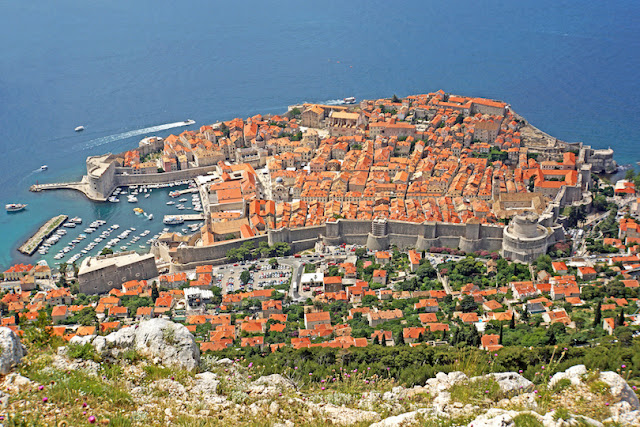Top Tourist Attractions in Croatia
10 Top Tourist Attractions in Croatia
With its rocky, indented
shore and more than a thousand islands, Croatia boasts one of the most
beautiful stretches of coastline that Europe has to offer. In addition, many of
Croatia’s coastal towns and cities have a fascinating history and are filled
with the historical remains of Roman and Venetian times. A list of the top tourist
attractions in Croatia.
01.Dubrovnik
Nicknamed “Pearl of the Adriatic”, Dubrovnik is one of the most prominent tourist
attractions in Croatia and the Mediterranean. The walled city was built on
maritime trade. In the Middle Ages it became the only city-state in the
Adriatic to rival Venice and achieved a remarkable level of development during
the 15th and 16th centuries. Dubrovnik is steeped in stunning architecture and
sculptural detail, and boasts spectacular churches, monasteries, museums,
fountains and the famous walls that surround the old city.
See Also: Where to Stay in Dubrovnik









No comments